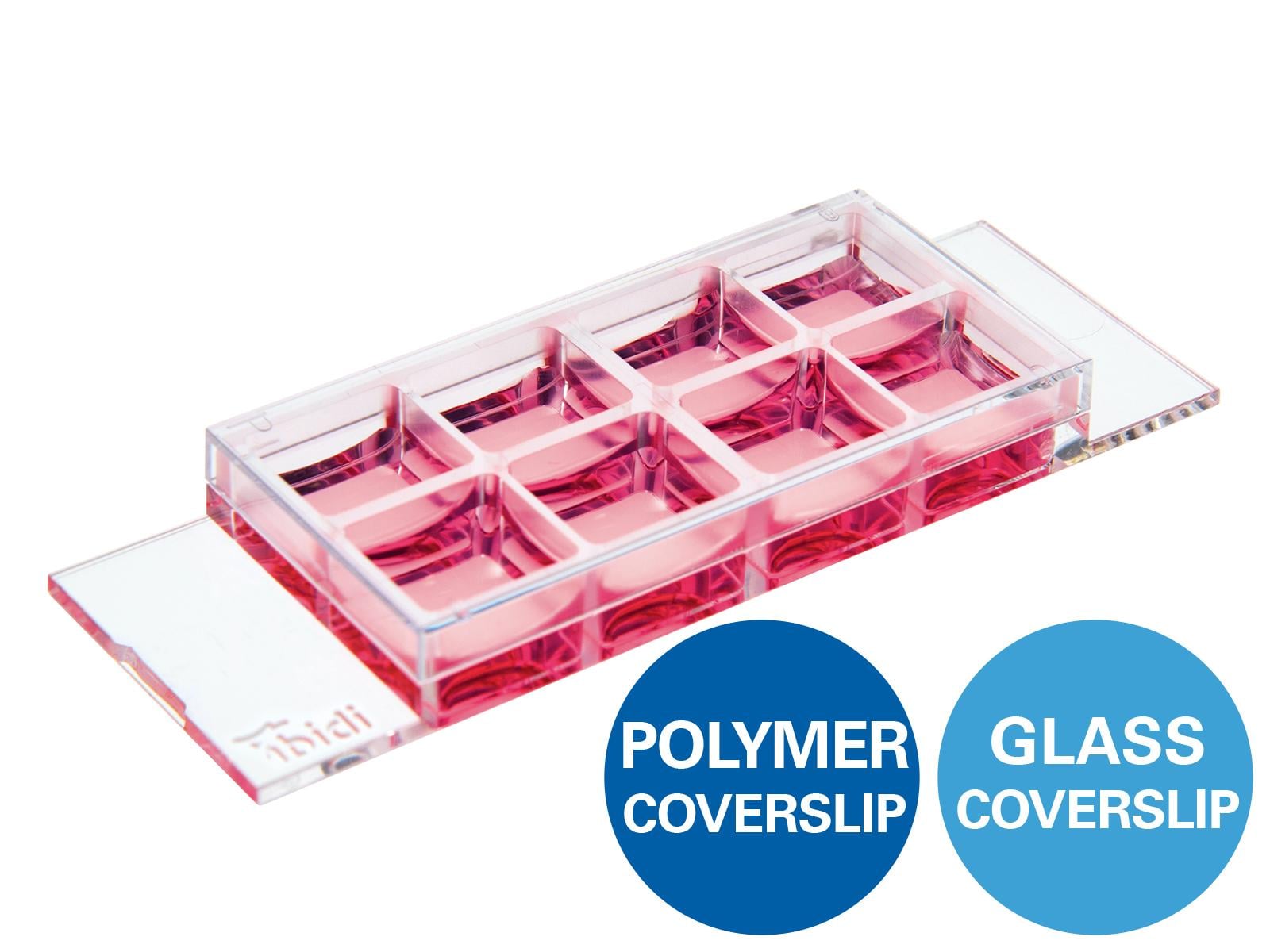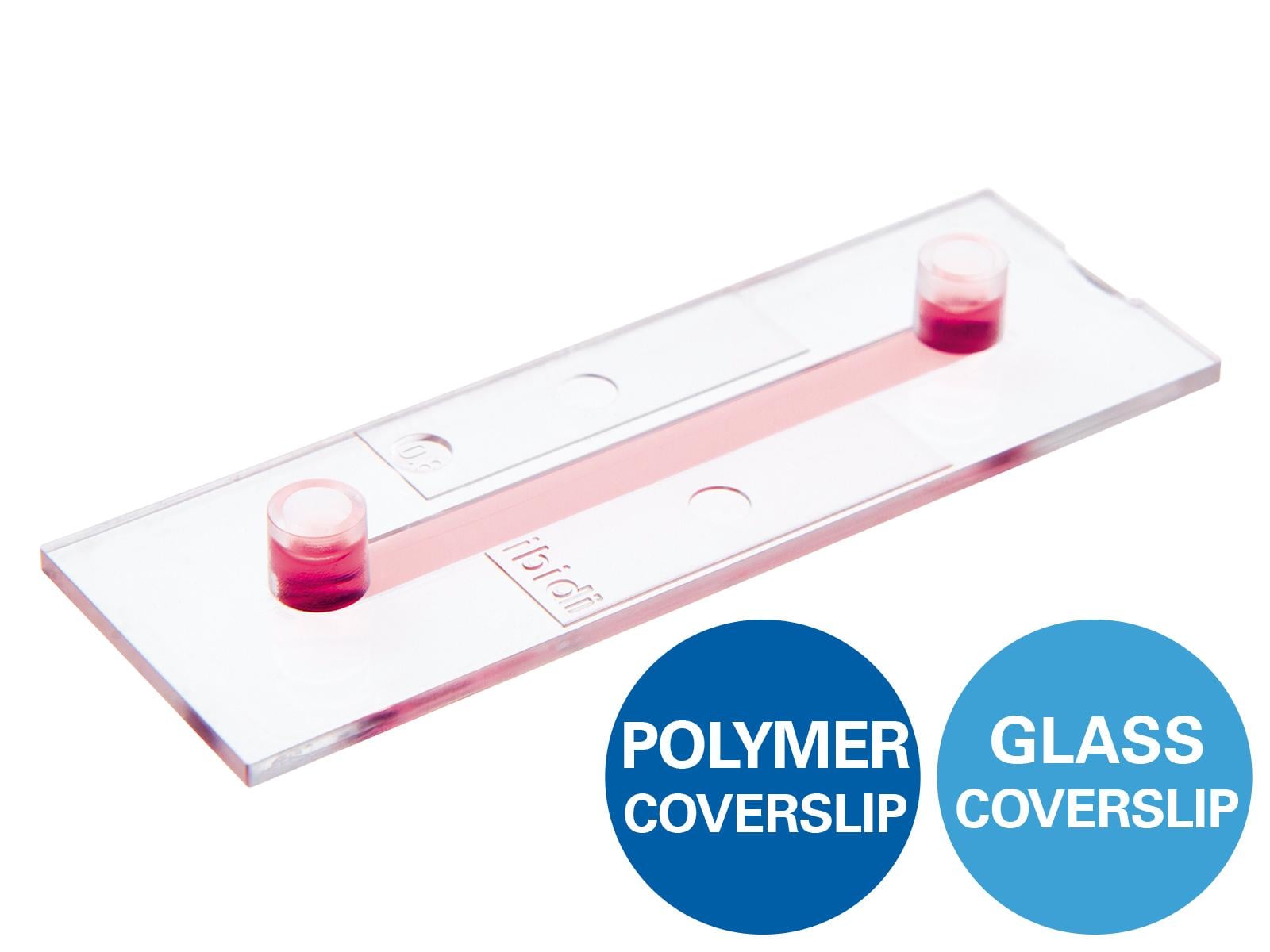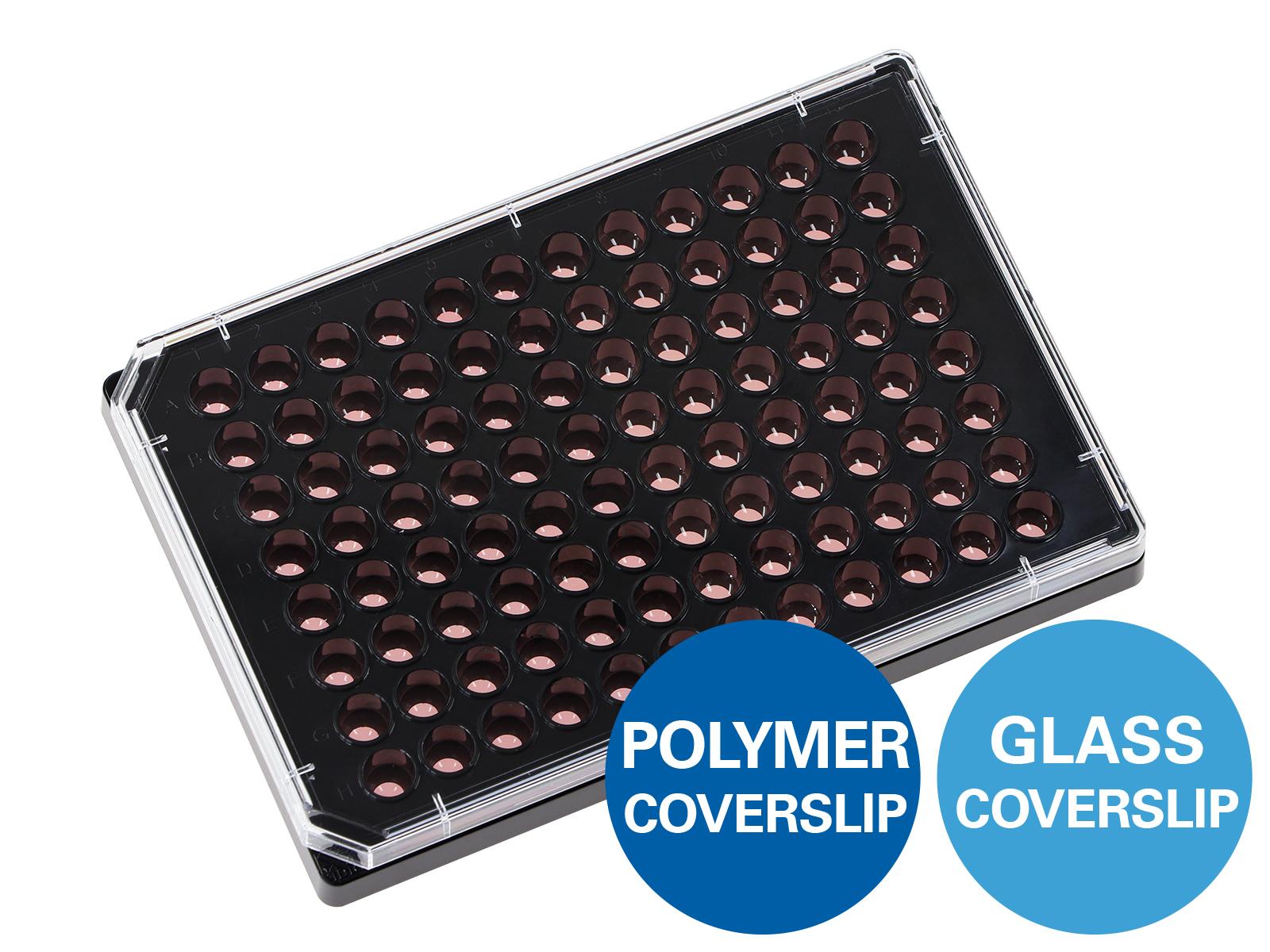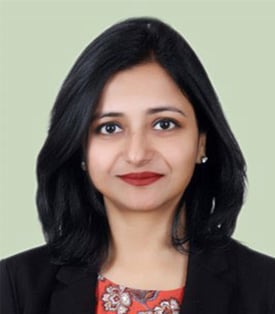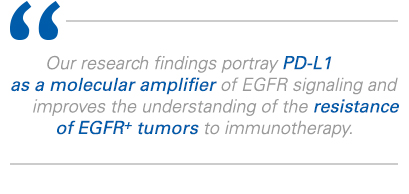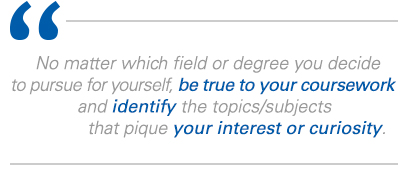Interview with Cancer Researcher Soma Ghosh, PhD
ibidi Blog | August 11, 2022 | Tina Freisinger, ibidi GmbH
We have asked Soma Ghosh, ibidi Paper Award 2022 winner, about her current work, her path to becoming a scientist, how she became interested in cancer research, and what advise she would give to early career scientists.
Soma: I am currently a post-doctoral fellow in the Department of Thoracic, Head & Neck Medical Oncology Research at the MD Anderson Cancer Research Center, Univ. of Texas, Houston, TX, USA. |
|
Please summarize your research interest in a few words.
Soma: My research interest is mostly centered around understanding the biology of the tumor microenvironment and the avenues of targeted and combination therapies to increase patient longevity. I have a special interest in research about signaling networks on malignant transformation and the progression of cancer cells.
In my first post-doc at the Weizmann Institute in Israel, I investigated the relationship between PD-L1 and EGFR mutated lung cancer cell lines. In my current post-doctoral research at MD Anderson, I am working on identifying a novel targeted therapy that would have better efficacy and low toxicity for the treatment of HPV+ head and neck carcinoma patients.
What are the key findings of the publication that you submitted to the ibidi Paper Award 2022?
Soma: Lung cancer patients with EGF Receptor (EGFR) mutations, in general, have a low response to immunotherapy. Our research has showed how high EGF signaling stabilizes PD-L1 RNA and enhances tumorigenesis and invasiveness.
The underlying mechanisms involve the recruitment of phospholipase C-γ1 (PLC-γ1) to a cytoplasmic motif of PD-L1, which enhances PLC-γ1 activation by EGFR. Once PLC-γ1 gets activated, it results in calcium flux, Rho GTPases, and protein kinase C, collectively promoting an aggressive phenotype. Our research findings portray PD-L1 as a molecular amplifier of EGFR signaling and improves the understanding of the resistance of EGFR+ tumors to immunotherapy. |
|
Which methods did you employ, and how did the ibidi product cited in the paper help you to answer your research question?
Soma: We used a number of methods for our published work such as proximity ligation assays (PLA), chemotaxis assays, intracellular calcium measurements, Yeast Two-Hybrid assays, RNA isolation and real-time PCR analysis, TEM, and migration assays, etc.
We used some ibidi products in chemotaxis and migration assays. To study the chemotaxis and migration, we used Culture-Inserts from ibidi and a m-Slide Chemotaxis set-up. With the help of ibidi products, we were able to demonstrate that PD-L1 is essential for growth factor-inducible migration and for tumorigenesis and metastasis in EGFR mutated lung cells. These results helped us to conclude that PD-L1 works as a molecular amplifier of EGFR signaling and is one of the reasons for the resistance of EGFR+ tumors to immunotherapy.
What is your scientific background and what are the individual steps of your career so far?
Soma: Both my Bachelors and Masters degrees are in Zoology/Biology, followed by my PhD in Cancer Biology. After my PhD, I wanted to understand how data analytics and secondary research (non-lab work) drive cancer research in corporate and industry scenarios. After a two-year stint in a corporate work environment, I went back to lab-based research and did my first post-doc at the Weizmann Institute in Israel, followed by my current second term as a post-doc at MD Anderson Cancer Center in Houston, TX, USA. To date, I have overall research and scientific experience of more than twelve years.
How have you become interested in the field of cancer research?
Soma: I had a keen interest in the overall field of biology from my early school years. My family is full of scientists and researchers including my father and brother. My mother made sure that I never lost interest in this field. After completing my Master's degree, I passed all the India Junior Research Fellowship/scholarship tests necessary for pursuing a PhD and entered the field of cancer research with a focus on low-radiation therapeutic approaches. At this time, opportunities to network through publications, seminars, and conferences opened me up to the world of cancer research.
You have worked in both academia and industry research. What is the main difference between the two? What reasons made you shift back to academia after working in industry?
Soma: Yes, I have been in both worlds of traditional academia, lab-based research as well as the corporate setting (data analytics and consulting) of research in the field of cancer biology.
Both settings have their pros and cons and it is up to each individual to decide which is the best fit for pursuing their field(s) of interest. Both require certain skill sets, which are unique to each field, in order to achieve results at the end of the day. In the corporate world, one needs to be a master of identifying data sources for gathering information and interpreting the data to help pharma companies develop their future pipelines. In academia lab research, one needs to be a master of molecular and other lab techniques for presenting data and results to the PI in an effort to show a successful experiment and prove a hypothesis. There is definitely a factor of time, money, and sustainability, but at the end of the day one needs to decide what it is that drives them and where they see themselves in the next few years. At the end of two years, I had some time to think about this, and there was always this urge to go back to lab desk research. I was doing great during my time in the corporate world and was promoted to Team Manager as well, but I missed my research so I went back to academia as soon as I landed the opportunity with my first post-doc.
You have lived and worked in India, Israel, and the USA. Do you enjoy working in different countries and research environments?
Soma: Absolutely, this helps you both professionally as well as personally to grow as an individual and as a scientist/researcher. It allows you to understand how scientific research is perceived in that country/environment, as well as lets you to explore a new culture and society, try local food, make friends, etc. It has taught me the importance of collaboration and networking and how a good scientific circle helps you with your research, publication, and career progression.
What are the challenges for early career scientists in cancer research or science in general?
Soma: I think one of the main challenges is getting the right supervisor and lab at the start of either your Master's studies or your PhD. This is what will be the driving force for the rest of your journey. The other challenge can be getting in line with the overall governance of the lab/university management. In other words, if this setting lacks the drive to do breakthrough research, then it could act as a roadblock for the individual as well.
It is well known that academia/lab-based research requires a lot of patience and time, and is not so generous with money. So, even if a student has an eagerness to pursue this field, these specific reasons could hold them back from jumping into scientific research in general.
What advice would you give undergraduate and postgraduate students who would like to pursue a career in the field of cancer research?
Soma: No matter which field or degree you decide to pursue for yourself, be true to your coursework and identify the topics/subjects that pique your interest or curiosity. Make sure that you have biology, microbiology, biochemistry, bioinformatics, or chemistry as one of your major subjects. Good research demands time and patience, but will definitely have its reward.
Identify PIs, professors, or supervisors whose work you want to follow and pursue your research and build a network from an early stage. Reach out and make contacts to show that you are interested. If you opt for a PhD in the subject of cancer biology, it can prepare you for teaching and research jobs, and can open up various avenues. The pharma industry does a lot of great research in their internal R&D departments and it is also a great place to start your early career. |
|
What are your career and research plans for the future?
Soma: I would like to continue my work on breakthrough and impactful cancer research, with the potential for it to be translated into clinical settings that can benefit cancer patients' survival. I also aim to hone my leadership and negotiating skills, look for more networking opportunities, and mentor more students and early researchers.
My aim is to seek a tenure-track faculty position by making short and steady progress from post-doc fellow to Research Instructor, followed by progress towards a position as an Assistant Professor.
Thank you, Soma, for the interview. Congratulations on receiving the ibidi Paper Award 2022!
Find out more about Soma's publication and the other two awardees.
 (9)
(9)  (1)
(1)
